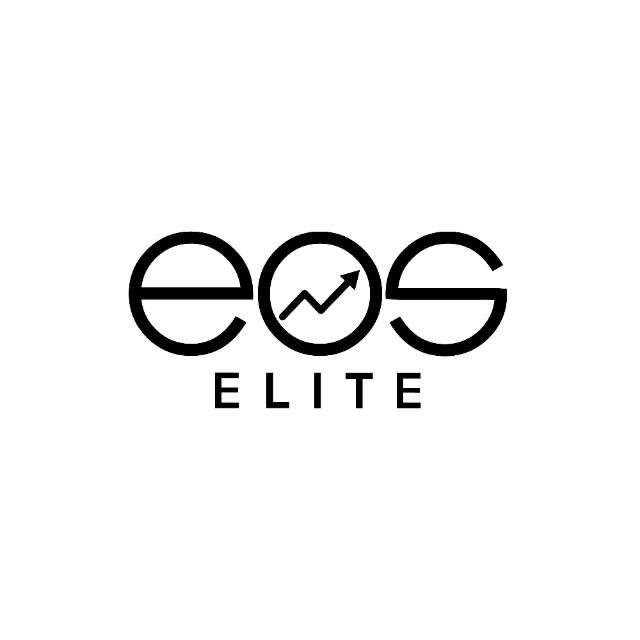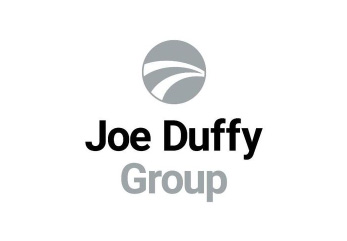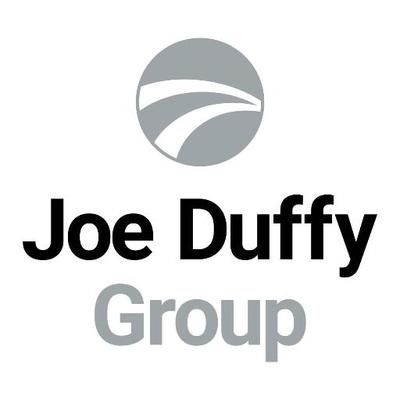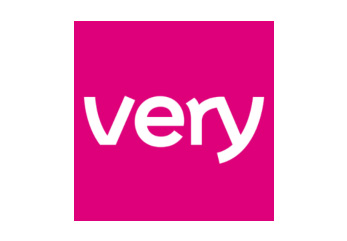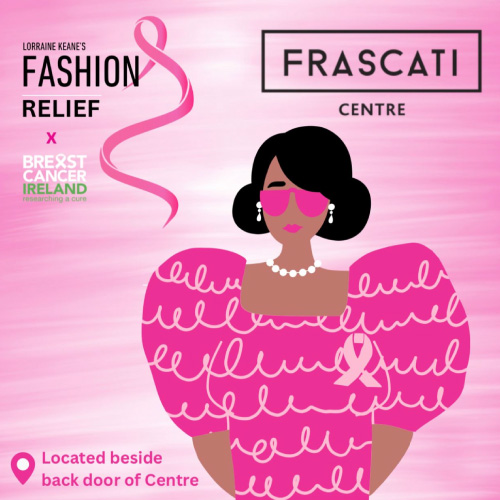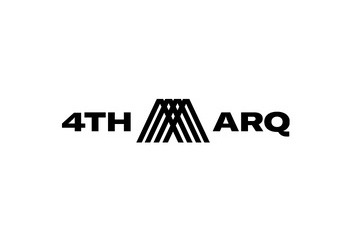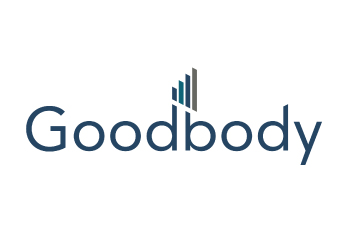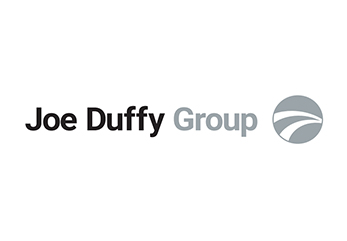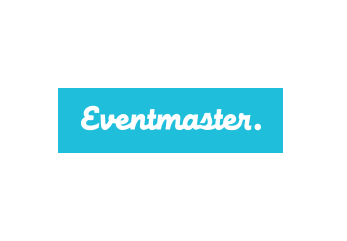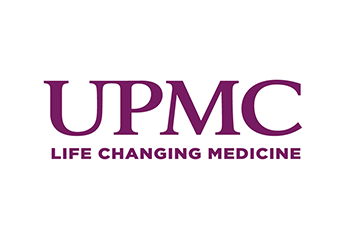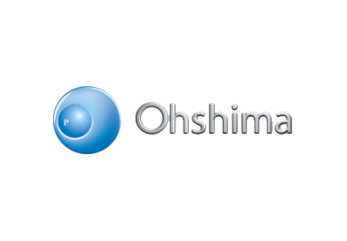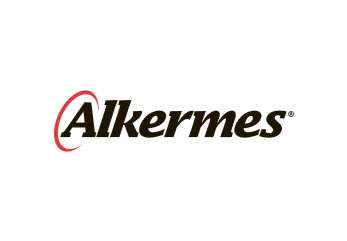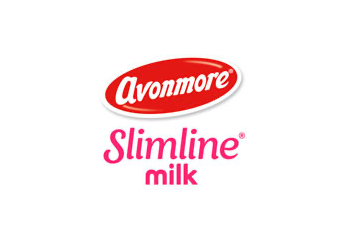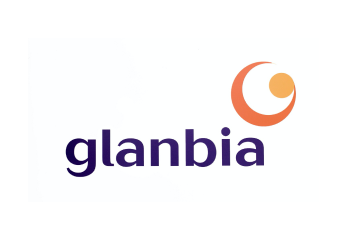Georgie Crawford
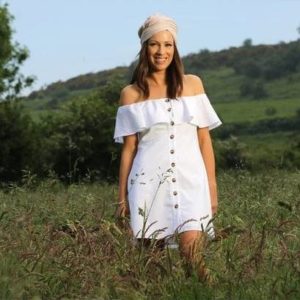 Liadan Hynes, Independent.ie
Liadan Hynes, Independent.ie
Georgie Crawford was just a couple of days shy of the end of her maternity leave when she first discovered the lump in her breast. “Pia was seven months, it was about three days after her christening,” she recalls now, in her gentle voice. “I was really tired that week; I felt that I hadn’t bounced back as quick as other mums. I kept saying to my mum ‘I don’t look like myself, I look kind of different’. I was a little bit grey, and my hair had gone a bit frizzy.”
That night, her husband Jamie, CEO of Lovin Dublin, had looked after the night feed as Georgie was exhausted. “As he was putting Pia back into her crib at half-one in the morning I leaned over, and that’s when I felt the lump in my chest. It was half the size of your thumb, and as hard as a bone. I told Jamie to feel it, and he looked alarmed.” Once their daughter was asleep, the couple, who married in 2015, got together in the living room. “It was like this crisis meeting in the middle of the night,” Georgie says. “He was trying to reassure me but we were both looking for reassurance in each other. He was just as scared as me.” Beaumont Hospital immediately ruled out a cyst, and she was sent for a mammogram, then a biopsy. That weekend she read everything she could find online about breast lumps. “I was hoping for a benign lump, or that it was something hormonal after breastfeeding. But I knew deep down.” She returned with Jamie to hospital on the Tuesday. After a lymph node biopsy, they were taken into a room with her doctor. “It was the typical ‘you have cancer’ moment. The first thing I asked was ‘will I die?’. My first thought was my family and my baby.”
Her doctor, Professor Hill, was reassuring. “He said ‘it’s unlikely’. He’s treated so many women that go on to lead perfectly healthy lives, to have children. I said to him ‘is this just a mountain I have to climb?’ and he said ‘this is a bump in the road not a mountain’. I held onto that for months. It gave me so much hope.” Her family were at home waiting, minding Pia. “I got into the car and rang my mum and said ‘mum I have breast cancer. But I’m going to be OK’. Obviously you just go into positivity mode. For me there was no other option.” A 10-day wait for the results of tests to see whether the cancer had spread followed. “It was torture. I’d go into bed with my baby at night and just stare at her for hours. You think ‘it would be really difficult for everyone else without me, but worse for my baby’. I have such a good relationship with my mum, she’s my best friend; I thought ‘imagine if my baby doesn’t have that relationship in her life’. That made me really sad. But then I’d see how Pia would laugh with Jamie, my mum, Joe my stepdad. I thought she laughs the same way with them. She will still have a perfectly amazing life. But I didn’t want people to ask her why she doesn’t have a mum.”
Georgie’s family, her husband, mother, step-father and two brothers, have been crucial in supporting her, and helped her foster a remarkable bravery. “”Everyone in my family played a different role in getting me through it.” Her brother works for the charity Soar. “So he’s used to talking to people about their problems. I just kept saying to him ‘Michael this can’t be my story, I’m not strong enough, I’ve just had a baby’. That panicky feeling; this is happening to me and I’ve absolutely no control over it. He spoke to me a lot about acceptance and strength. And about six weeks after being diagnosed, I was very accepting of it. I felt like I had to accept it into my life in order to get better. I didn’t want to be hanging onto the ‘what ifs’.” It is a resilience she wasn’t previously aware she possessed. “It’s like there was this positivity within me that I hadn’t tapped into it. So when this absolute crisis happened in my life, I realised that I was stronger than I knew. I wasn’t going to lie down and die.”
The cancer had not spread to her lymph nodes, so after two operations, the course of chemo was preventative. “When you’re told your cancer hasn’t spread and it’s treatable, it kind of turned from feeling ‘how could this happen to me?’ To wow, how lucky am I to have found my lump so fast, to get into the system so fast, to have private health care?” Recovery from the surgery was tough. They took two lymph nodes as well as removing the lump, as a precaution. It was painful, and Georgie was unable to lift Pia. “Sometimes I’d be sitting on the couch and be like ‘I’ve no energy to change Pia’s nappy’, and my mum was there. I’d say ‘mum please don’t come up, take the morning to yourself’, because I was worried about my family too.” There was no question of the support waning though. “She’d be on my doorstep at half-seven in the morning. And secretly I was like ‘Thank God’.” Her brothers would come and play with Pia. Her stepfather Joe would take the baby for walks, tiring her out so she would sleep through the night. “I was trying to be strong but I couldn’t have done it alone.” The chemotherapy was a 23-week course, to be followed by four weeks of radiotherapy, and then a course of a drug called tamoxifen.”I thought I’d just get chemotherapy once,” Georgie laughs with a shake of her head. “So naive. He told me I would lose my hair. I thought ‘it’s a small price to pay for my life, and I’m going to welcome this chemotherapy into my life, because it’s going to fireproof me please God for the future’.”
Her main concern was the affect on her fertility. While there is an 80pc chance her fertility will come back, her doctor recommended IVF, so they underwent an extremely successful round at the Beacon Care Fertility, where they froze fifteen embryos which can be used after her treatment. After Christmas, she began losing her hair. She had thought she would just go off on her own to a room and shave her head, but when the time came, she decided instead to do something a little more ceremonial, and invited her mother, best friend and sisters-in-law to the house. Her hairdresser, a friend, suggested cutting her hair into a pixie style before shaving it all off. “It was a brilliant idea. Because now I know what I’ll look like in September. For people that might have to go through that, I would highly recommend it. You feel like you might have your life back that little bit sooner. Then the razor came out. I thought I’d be crying. But I was chatting to the girls, a smile on my face.” She smiles at the memory: “It was one of the most amazing nights of my life. My wedding day, the day I had my baby, the night I shaved my head is now in the top five.” The next day was different. “You’re left with your bald head. It’s very difficult. I was told I had cancer three months beforehand. But now I looked like I had cancer. Jamie made me feel very secure because it can do terrible things to your confidence. You can put on your wig and look like yourself, but when the eyebrows go and you’ve to draw them on every morning, and you’ve no eyelashes, you start to look very, very sick. It took my breath away. ‘I look like that person with cancer’,” she recalls saying to herself. “But my hair is growing back now.”
Georgie had already picked a wig in advance, which she wears now. “It was thicker than my hair, so it felt like my wedding hair. That’s what Jamie kept saying. So that was lovely.” The two married in 2015, they met when both were working in Spin FM. Having grown up in south Dublin, Georgie had become a Spini (part of the Spin Fm promotions team) whilst studying journalism in the Dublin Business School. After graduation she took up a position in the Spin FM newsroom, being promoted to news editor and social media editor in 2012, before moving to the role of entertainment editor of Spin 1038, Spin South West and 98fm in 2014. Jamie, she says, is like herself, family orientated. “We were really good friends first. Best friends. I just knew. We’re both very secure in our relationship. We get each other through things.”
For Jamie, life was understandably put on pause throughout the course of her treatment. “Saturday nights were very difficult. We’d have our steak and a glass of wine. During the week you go to bed at half-nine and that’s fine, but on a Saturday night when you have to get into bed at half-nine you realise how sick you are. He’d walk me into bed and sit there. Tell me to focus on the end goal, and say ‘we’ll get through this’. I’d say ‘you never go out; you’re just sitting on the couch on your own’. And he’d say ‘well I’m in this with you’.” Sometimes she thinks it’s harder for the spouse, and family. “I know deep down that I’m OK. I think watching your loved ones suffer is nearly harder than going through it.” Georgie was 32 when she got her diagnosis. “I’m the youngest person in the chemo ward every time. People think I’m just visiting and then I climb into the chair. As a mum, when you get the opportunity to sit in a chair for three hours on your own you’re going to take it, even if its chemo,” she smiles wryly.
What were the days like? “When you open your eyes, you wonder how you’ll get through it. My baby was teething, and still waking up for night feeds. I cried everyday during chemo. My mum always said it’s good that you’re letting it out.” She made sure to do some things by herself with her young daughter, who is now 15 months old. “I wanted, sometimes, to feel like I was normal.” Pia gave her a reason to get up each day. “The first thing I’d do every morning is smile at her, so you’re starting your day off well. The best thing for me was getting up and having to go for a walk every morning. I’d fall apart when she went to bed. But during the day I’d be strong.” The chemo finished two weeks ago. Now that the exhaustion caused by the treatment is passing, there is some room to begin to process the grief at what has happened. “Everyone says when the chemo finishes it will be great. But then, when the chemo finishes, you still have cancer. It’s not like you can leave it in the past and move on with your life. My life has changed forever. I’m still coming to terms with that.”
They went on holiday with her mum and step-dad. “I cried a lot on that holiday. We’d been away with them the summer before, and so much had changed. I’m still working on accepting it, but all my firsts are difficult. The first Christmas, my baby’s first birthday, my first holiday. Because I am not as carefree as I was. There’s a sadness in my heart that’s going to take a while for me to work on, and move on.” Four weeks of radiotherapy started last week. “I feel OK about that. Every time I finish something it feels like it’s breaking my fall a little bit to the end. Hopefully by the end of the summer I’m going to get counselling. I just need coping mechanisms.”
She hopes to return to work at Spin in September. Going back will be strange, as she has changed so much she says. “This has given me confidence. It’s allowed me to be my true self. I feel like I have a purpose now. Maybe this was what I was supposed to do in life? To give women under 50 who have been diagnosed with breast cancer a voice.” It has been a huge learning curve, one she finds herself grateful for. “I realise that I have to look after myself, for my family. I think when women have babies, their whole world revolves around that baby. And you may put off having a smear test. Or checking your breasts, going to the GP. I feel like I’ve been given a second chance. The toughest lessons teach you the most. It was so hard for me to have cancer, but it’s transformed my life for the better. Obviously I still have this fear, and I’m still grieving a little bit for my old life, because of the innocence that I had.” Cancer has taught her to slow down, to take time for stillness. “I was always working. Eating on the go. Now it’s ‘what does my body need to get me through this day?'” She has promised herself when all this is over to get really fit for the first time in her life. “I’ve read Oprah’s book What I Know for Sure, it’s kind of like a bible to me now,” she says pulling it from her handbag. “She talks about Godwinks. How when everything lines up perfectly, it’s a Godwink. “And I always think I will get my Godwink again. In August or September. It happened to me in Spain in May. I went on to the beach and I just thought ‘wow, this is a moment I never would have appreciated before’. Everything is well in my life and aren’t we so lucky. Thank God that we’re all still here’.
